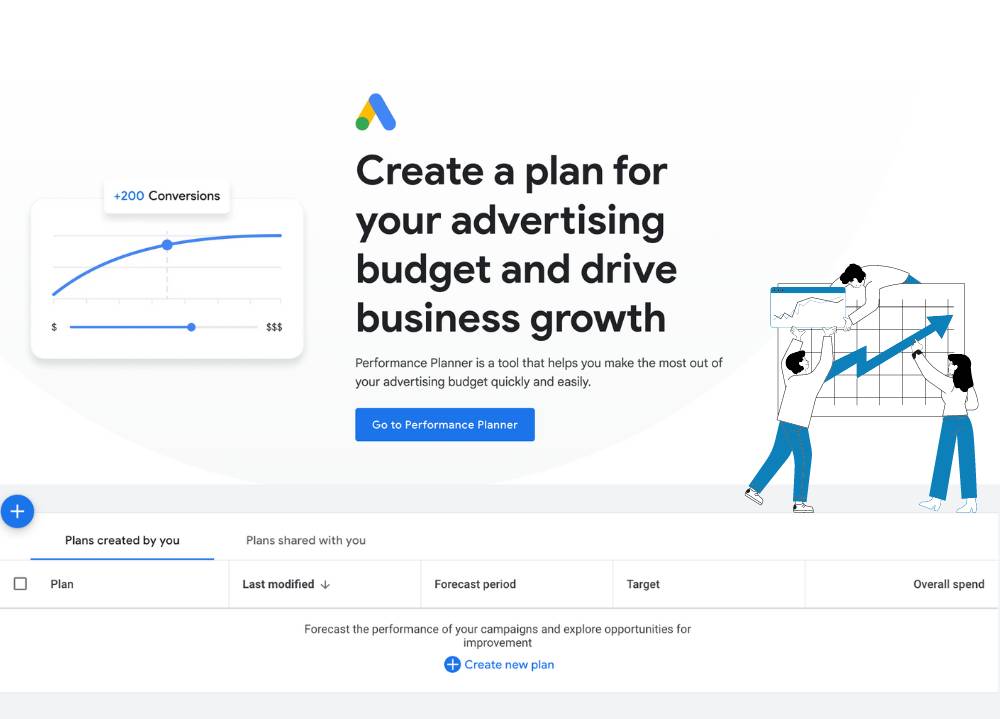The way we search for information is changing. With the introduction of SearchGPT, OpenAI’s prototype AI-powered search engine, businesses and marketers must rethink their search engine optimization (SEO) strategies.
Unlike traditional search engines like Google, SearchGPT leverages conversational AI to provide contextually rich, human-like responses. This evolution raises a critical question: How should businesses prepare for and optimize their content for AI-driven search engines?
Here, we’ll explore the unique features of SearchGPT and outline actionable steps for adapting your SEO strategy.
What Makes SearchGPT Different?
SearchGPT represents a significant departure from traditional search engines like Google. Instead of relying primarily on backlinks and keyword rankings, it focuses on understanding user intent and providing conversational responses. Let’s break down its distinguishing features:
- Contextual Understanding: SearchGPT interprets user queries holistically, aiming to provide direct answers rather than just a list of links.
- Real-Time Information: Unlike earlier versions of ChatGPT, SearchGPT integrates real-time data, offering up-to-date results.
- Interactive Queries: Users can ask follow-up questions, creating a dynamic, conversational search experience.
- Transparency: SearchGPT emphasizes clear attribution, linking back to original content sources to validate its responses.
- Ad-Free Results: In its current beta phase, SearchGPT offers an uncluttered, ad-free search experience, which many users find refreshing.
These differences mean businesses must adopt a more nuanced, user-focused approach to SEO.
Adapting SEO Strategies for SearchGPT
As the digital landscape evolves, so must your SEO practices. Here’s how to align your content with the unique demands of SearchGPT:
1. Prioritize Conversational Content
SearchGPT thrives on conversational language. To optimize for this platform:
- Write for Humans: Focus on natural, engaging language that mirrors how people speak and ask questions.
- Anticipate User Questions: Create FAQ sections that address common queries, providing direct and informative answers.
- Emphasize Context: Ensure your content provides depth and relevance, answering not just the “what” but also the “why” behind user questions.
2. Use Structured Data
Schema markup and structured data play a crucial role in helping SearchGPT understand your content. To maximize visibility:
- Enhance Contextual Clarity: Use structured data to define articles, products, events, and other content types.
- Create Rich Snippets: Structured data improves the chances of your content appearing in contextual summaries.
3. Optimize for Long-Tail Keywords
SearchGPT’s conversational focus makes long-tail keywords essential. Strategies include:
- Focus on Intent-Based Phrases: Identify phrases users might type into a conversational search engine, such as “How do I improve email open rates?”
- Incorporate Semantic Variants: Use synonyms and related terms to improve content relevance.
4. Incorporate Multimedia Elements
SearchGPT’s potential to pull from diverse content types makes multimedia optimization critical:
- Leverage Visuals: Include high-quality images, videos, and infographics to enrich your content.
- Use Descriptive Metadata: Optimize alt text, captions, and titles to help AI understand visual elements.
5. Build Trust Through Transparency
Given SearchGPT’s emphasis on attribution, transparency is vital:
- Cite Sources Clearly: Link to authoritative references to build credibility.
- Focus on Accuracy: Ensure all claims are backed by verifiable data to prevent misinformation.
6. Monitor Performance and Trends
AI-driven search engines like SearchGPT are still evolving. To stay ahead:
- Track Metrics: Use analytics tools to monitor how your content performs in AI-powered searches.
- Adapt to Trends: Stay informed about updates to SearchGPT’s algorithms and user preferences.
The Future of SEO: What to Expect
AI-powered search engines are shaping the next era of SEO. Key trends to watch include:
- Greater Emphasis on Personalization: SearchGPT’s ability to tailor responses based on user intent will make personalized content a priority.
- Cross-Platform Integration: As users move seamlessly between devices, consistent optimization across platforms will become essential.
- Ethical Data Practices: Transparency and privacy compliance will be non-negotiable as data regulations tighten.
Why Partnering With Experts Matters
Adapting to the evolving search landscape requires expertise. At Titicus Agency, we specialize in creating forward-thinking strategies that align with the latest search technologies. From conversational content creation to multimedia optimization, we’ll help your business thrive in the era of AI-driven search.
Ready to future-proof your SEO? Contact us today and let’s craft a strategy tailored to your needs.





